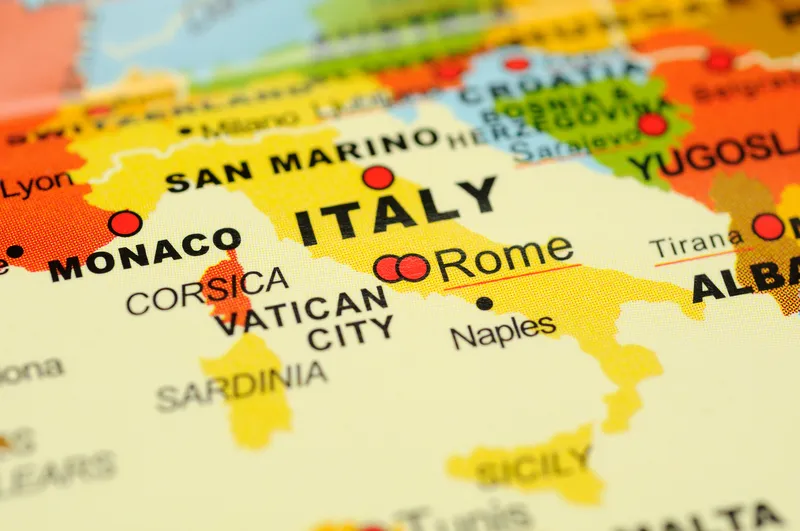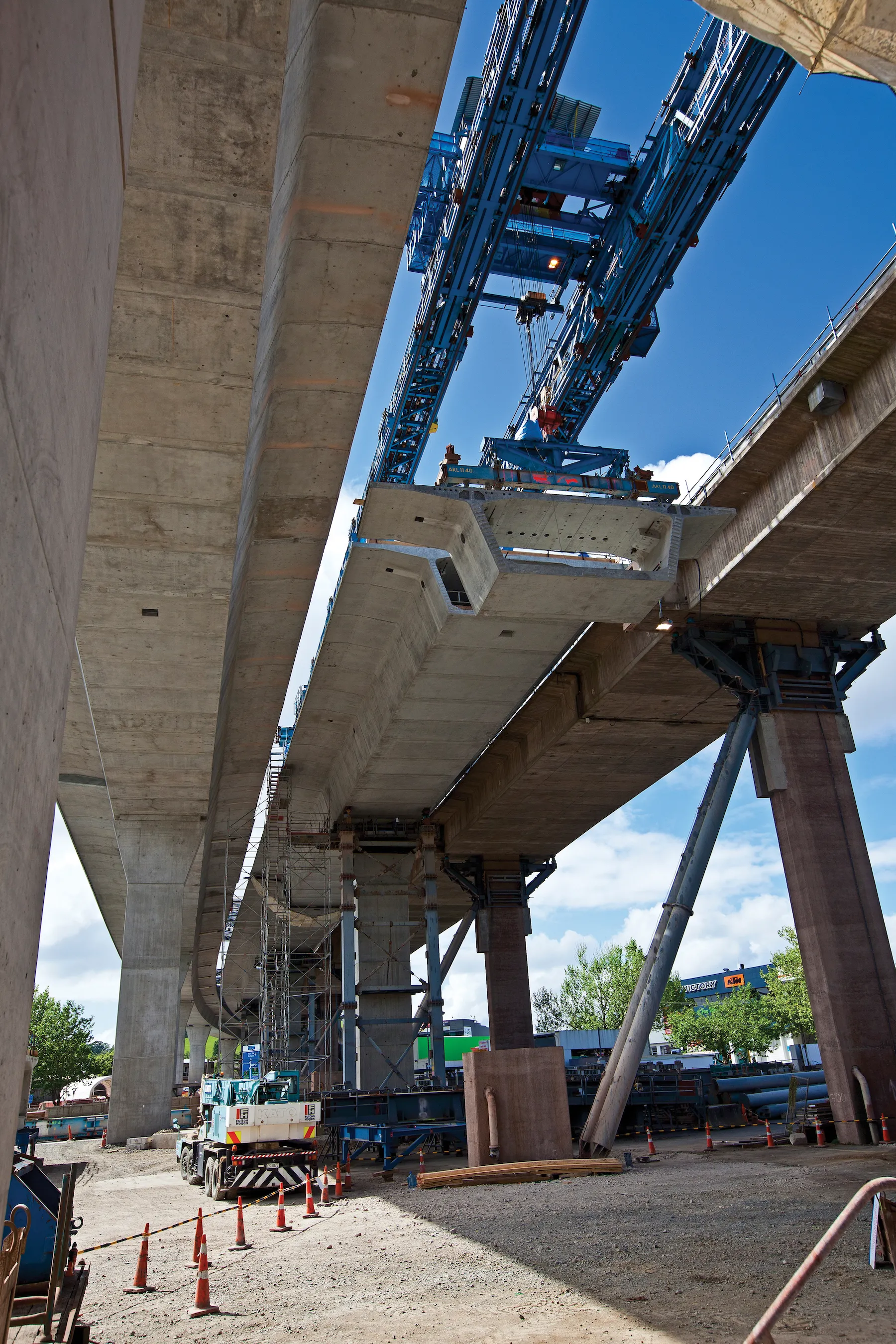The German Government's new transport investment strategy will see increased spending until 2030. The Ministry for Transport says that the emphasis will be on renovating existing infrastructure, instead of building new projects. Around 70% of investment will be for renovation and improvement projects, compared to 56% in the previous transport strategy. The plan is worth a total of €264.5 billion, an increase of €91 billion over the previous plan, with 49.4% targeted at road projects, 41.3% for rail and 9.3%
March 21, 2016
Read time: 2 mins
The German Government's new transport investment strategy will see increased spending until 2030. The Ministry for Transport says that the emphasis will be on renovating existing infrastructure, instead of building new projects. Around 70% of investment will be for renovation and improvement projects, compared to 56% in the previous transport strategy. The plan is worth a total of €264.5 billion, an increase of €91 billion over the previous plan, with 49.4% targeted at road projects, 41.3% for rail and 9.3% for water transport. The aim of the plan is to cut congestion on major routes.
Within this programme, Bavaria will receive investment worth over €11 billion for transport infrastructure. This will be around 70% more for expansion of road systems than was previously budgeted. As part of the expansion, €1.3 billion will be spent on upgrading the A8 Autobahn between Munich and Traunstein, while over €500 million will be spent on the construction of the A94 Autobahn between eastern Munich and Pocking.
Meanwhile some €2.5 billion will be spent on upgrading and widening the A7 and A1 Autobahn routes near to Hamburg, which will have eight lanes each in future. And €1.07 billion will be spent on transport infrastructure in Saxony. The money should be used for the extension and construction of Autobahn routes, federal roads, and railways in the state.
The Hesse region will receive €4.4 billion for transport projects in the area between the cities of Frankfurt and Mannheim. The regional government will receive €67 million for improvements to the North-West intersection in Frankfurt. Furthermore, the Offenbacher Kreuz interchange will receive investment of €75 million and the Wiesbadener Kreuz junction will be renovated at a cost of €50 million. The A661 Autobahn linking Bad Homburg and Offenbach-Kaiserlei will be improved, with the works costing €272 million.
Within this programme, Bavaria will receive investment worth over €11 billion for transport infrastructure. This will be around 70% more for expansion of road systems than was previously budgeted. As part of the expansion, €1.3 billion will be spent on upgrading the A8 Autobahn between Munich and Traunstein, while over €500 million will be spent on the construction of the A94 Autobahn between eastern Munich and Pocking.
Meanwhile some €2.5 billion will be spent on upgrading and widening the A7 and A1 Autobahn routes near to Hamburg, which will have eight lanes each in future. And €1.07 billion will be spent on transport infrastructure in Saxony. The money should be used for the extension and construction of Autobahn routes, federal roads, and railways in the state.
The Hesse region will receive €4.4 billion for transport projects in the area between the cities of Frankfurt and Mannheim. The regional government will receive €67 million for improvements to the North-West intersection in Frankfurt. Furthermore, the Offenbacher Kreuz interchange will receive investment of €75 million and the Wiesbadener Kreuz junction will be renovated at a cost of €50 million. The A661 Autobahn linking Bad Homburg and Offenbach-Kaiserlei will be improved, with the works costing €272 million.







